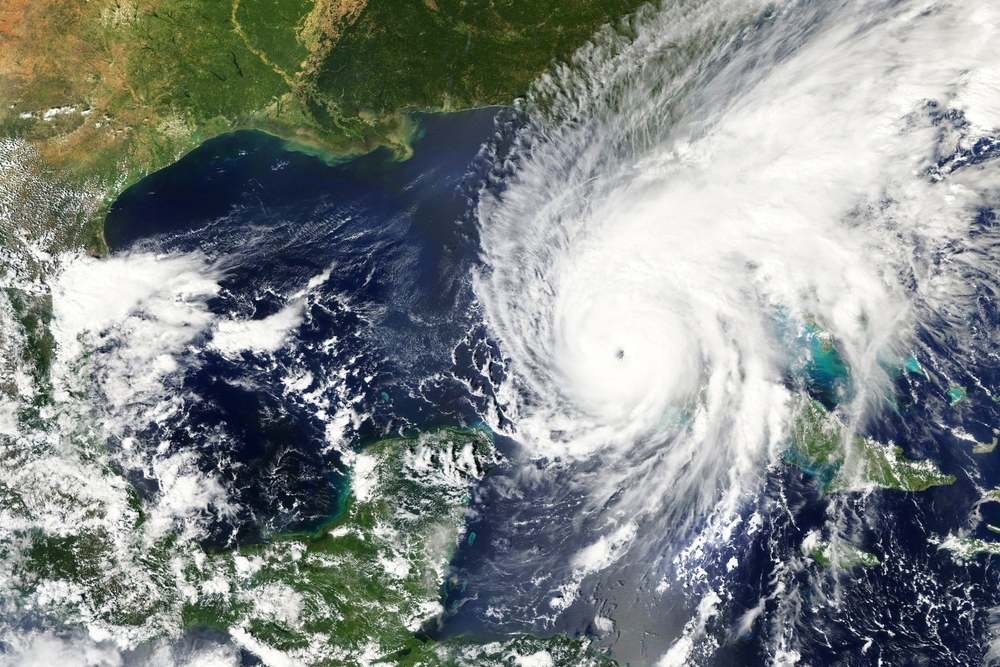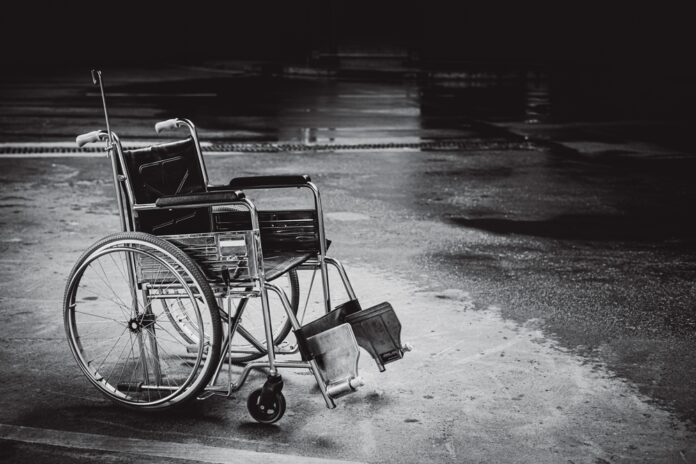At the end of September 2022, Hurricane Ian grew to be a very large and powerful Category 4 hurricane. Its destruction impacted portions of the southeastern United States, especially Florida and South Carolina, as well as Cuba. Well over 100 deaths have been attributed to Hurricane Ian thus far, with the number of lives lost continuing to climb. This is in addition to catastrophic damage to homes, businesses, hospitals, schools and other properties.
Following Hurricanes Katrina and Rita, the National Council on Disability published a detailed report (in 2006) that showed that people with disabilities were disproportionately affected by those storms. While information connected to Hurricane Ian continues to be gathered, it appears that, likewise, members of the disability community have also been more so affected by this recent storm — compared to those without disabilities. Additionally, the demographics of the impacted communities in Florida are primarily senior-aged, which typically amplifies health and disability factors.
Disabled Community is Disproportionately Affected by Hurricanes
Because of health concerns, mobility issues and the use of medications and assistive devices, the evacuation, sheltering and recovery experiences vastly differ for people with disabilities.

During preparations, the needs of the disability community may be overlooked. For example, people with visual and/or hearing disabilities may not have obtained all pertinent safety information. And even though some areas were deemed to be under a mandatory evacuation order, some people with disabilities were unable to evacuate because transportation was inaccessible and/or the logistics proved to be too challenging.
Now that families are displaced post-storm, those with disabilities face additional hurdles. For example, those with special needs may miss in-school or in-home health aid and/or therapy sessions. People who require lifesaving medications, may not receive prescriptions on time because of delayed mail service or if pharmacies are closed from storm damage. Similarly, many will miss medical appointments and essential treatments, like surgeries, infusions and rehabilitative services, to name a few. Of course, the issue of power outages can significantly affect those with chronic conditions and/or disabilities. Plus, when displaced, it can be difficult to find accessible temporary housing solutions.
How to Help Hurricane Ian’s Disabled Victims
There are agencies and protocols in place to help mitigate the needs of vulnerable populations, including the disabled community. But, especially when processing the shock of a disaster, navigating resources can feel overwhelming. Federal agencies such as FEMA, as well as Florida’s Division of Emergency Management, provide guidelines on how to support hurricane victims, including those with disabilities.

According to FEMA, financial donations are the fastest, most flexible and most effective method of supporting those in need during hurricane recovery.
- FEMA suggests that monetary support be funneled through the National Voluntary Organizations Active in Disaster.
- The Partnership for Inclusive Disaster Strategies is also accepting financial gifts to support Hurricane Ian victims, with a focus on survivors within the disability community.
- The Red Cross is another organization spearheading contributions.
FEMA also recommends that those who want to volunteer align with organized associations, such as the Florida Voluntary Organizations Active in Disaster and South Carolina Voluntary Organizations Active in Disaster. And for additional guidance on other post-hurricane needs, please visit the storm-specific page of USA.gov.
Preparing the Disability Community for Future Storms
As we prioritize the recovery phase of Hurricane Ian, it’s important to also take note of lessons learned from this devastating event so improvements can be made in preparation for future hurricanes and other natural disasters. This includes inclusive emergency planning and preparation to better meet the needs of the medically fragile and people with disabilities.
In preparation for future events, FEMA recommends that members of the disability community:
- Make an emergency plan
- Learn about evacuation options and shelters
- Join the Florida Special Needs Registry
For additional information pertaining to disability-focused support needs, visit these resources:






